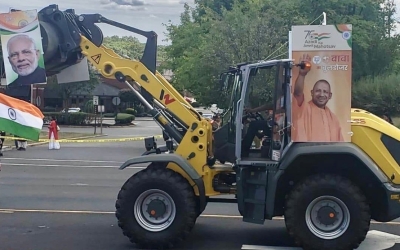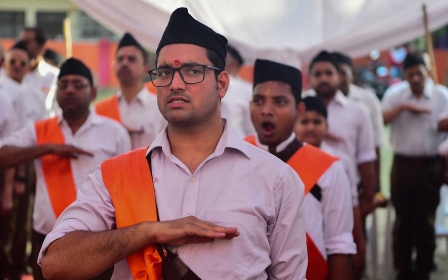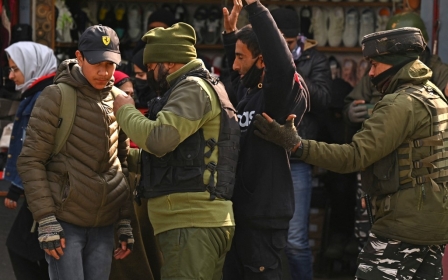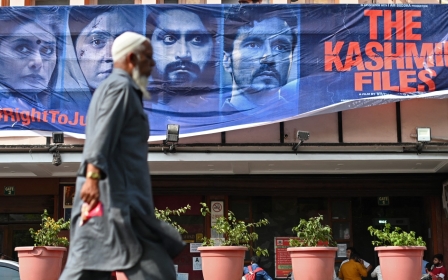India slammed in new US report on religious freedom
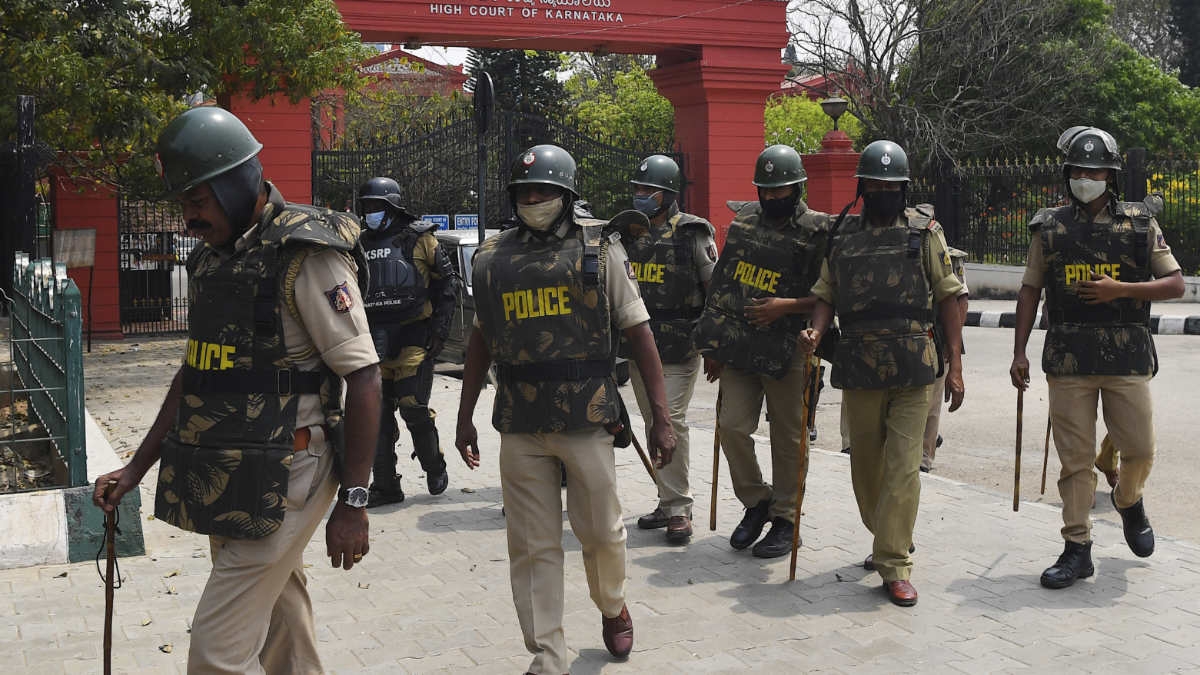
India was spotlighted for explicitly targeting religious minorities in the US State Department’s newly released 2022 Religious Freedom Report, joining a list of countries that includes Russia, China and Iran for its treatment of religious minorities.
The report details a range of concerns about religious freedom in India. Among them is the continued prohibition against religious conversion in multiple Indian states, attacks against religious minorities, and systemic discrimination directed against Muslims - including “cow vigilantism”, which results in attacks for alleged cow slaughter or beef trade.
”We're continuing to encourage the government to condemn violence and hold accountable and protect all groups who engage in rhetoric that's dehumanizing towards religious minorities and all groups who engage in violence against religious communities and other communities in India," a senior State Department official told reporters at a press briefing on Monday.
In one case, the report details an incident in the coastal state of Gujarat where four Muslim men were publicly flogged for allegedly throwing stones and injuring Hindu worshippers.
Another incident occurred in Madhya Pradesh, a central state in India, where police arrested 148 mostly Muslim individuals in April. After the arrests, the state bulldozed 16 homes and 29 shops owned by Muslims accused of inciting violence, the report said, citing the BBC.
The arrests occurred after what the BBC described as a Hindu procession through a predominantly Muslim neighbourhood in which participants called for violence against Muslims.
The State Department report cited an unnamed Muslim lawyer who told Indian media the government was "disproportionately punishing people of one community without following any due process".
The examples of religious violence were not reserved for Muslims. India, a country of 1.4 billion people, counts Hinduism, Islam, Christianity, Buddhism, Sikhism, and Jainism among its religions. The Indian Constitution states that the country is secular. According to a 2011 census, 80 percent of the Indian population is Hindu, 14 percent is Muslim and two percent is Christian.
'Targeted attacks'
Throughout 2022, the report documents incidents in which police arrested Christians accused of forcefully converting others and supported bystanders who disrupted Christian services.
Police reportedly joined crowds disrupting Christian holy week services on 22 April in Uttar Pradesh, India's most populous state. The following month, Indian police arrested a Christian pastor under the Drugs and Magic Remedies Act for allegedly inciting a person to convert to Christianity. In one month alone, 30 Christians were jailed in Uttar Pradesh on charges of forced conversation.
“India’s anti-conversion laws are not a means to protect religious freedom, but rather a mechanism for the government to oppress and punish religious minorities,” Jeff King, president of the NGO, International Christian Concern, was quoted saying in the report.
India has come under fire from rights groups for its treatment of religious minorities. In March 2022, The US Holocaust Memorial Museum warned about the rising risks of mass atrocities in India against religious minorities.
“I’m most concerned that targeted attacks on Muslims, which have occurred recently but have not been criminally prosecuted, could become more systematic and widespread,” Waris Husain, a human rights attorney and adjunct professor of international human rights law at the Howard University School of Law, told the Holocaust Museum.
Husain said the policies by governmental authorities to punish perpetrators of violence against minority communities as well as the ruling Bharatiya Janata Party’s rhetoric against minorities had increased the risk of mob or militia attacks on Muslims and in Muslim neighbourhoods.
India has repeatedly been criticised by rights groups for its actions in Kashmir, where the government has been accused of conducting a mass eviction drive against Muslims to alter the valley’s demographics.
In 2019, Indian-controlled Kashmir's semi-autonomous status was revoked by Narendra Modi's Hindu nationalist government.
In August 2019, Human Rights Watch published a report which alleged that Indian authorities were increasingly restricting freedom of speech and basic rights in Kashmir, which both India and Pakistan have laid competing claims to, with each governing parts of it.
Middle East Eye propose une couverture et une analyse indépendantes et incomparables du Moyen-Orient, de l’Afrique du Nord et d’autres régions du monde. Pour en savoir plus sur la reprise de ce contenu et les frais qui s’appliquent, veuillez remplir ce formulaire [en anglais]. Pour en savoir plus sur MEE, cliquez ici [en anglais].


